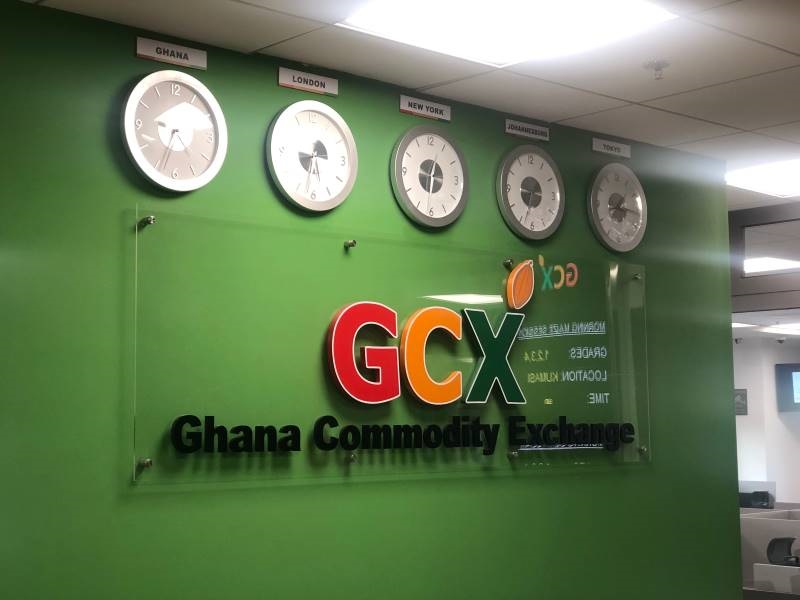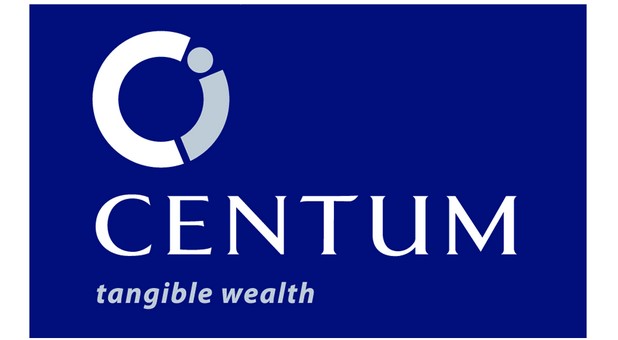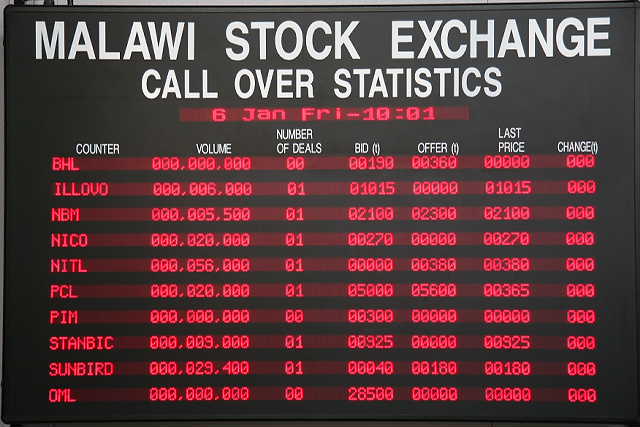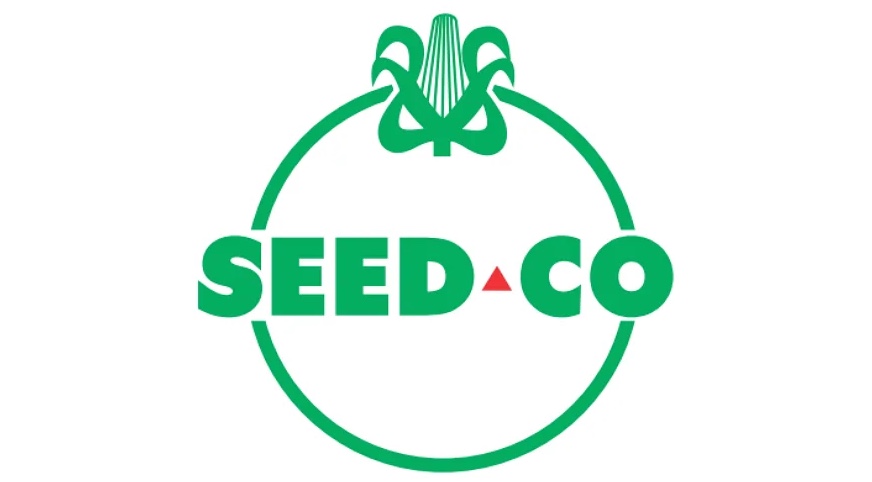
He noted that the plan is currently at the discussion stage, which will involve all stakeholders, such as the cocoa marketing company, in deciding the standards and protocols to be adopted for the trading of the commodity.
According to Cocobod, the industry regulator, about a third of Ghana’s annual cocoa beans output is processed domestically, with a target to boost this share to 50 percent.
Domestic processors will be able to buy their beans from the exchange when the crop is listed, said Mr. Owoo.
“The good thing is that it’s going to help determine the price on the international market,” he added.
Industry watchers say the introduction of cocoa would be a boost to the fast-expanding exchange, given the huge impact of cocoa on the Ghanaian economy.
“Listing of cocoa will expand the market volume of the exchange,” said vice president of the Ghana Commodity Brokers Association, Jeffery Ntorinkansah.
He added that the introduction of cocoa and other cash crops will attract investment to the GCX, especially as the government—which is presently the sole shareholder—intends to divest its interest in the exchange.
“When cocoa is listed, the international interested parties will see premium in investing. Fortunately, government’s willingness to offload its shares in the exchange will make it even more attractive for international investors,” the commodity expert said.
Mr. Owoo, of the GCX, said the exchange is also in the preparation and approval process to allow trading of cashew contracts.










Comments